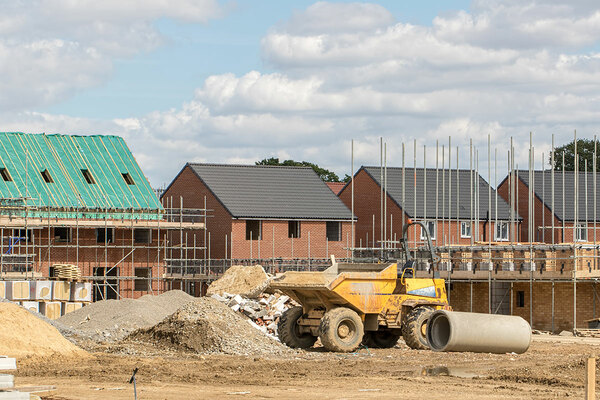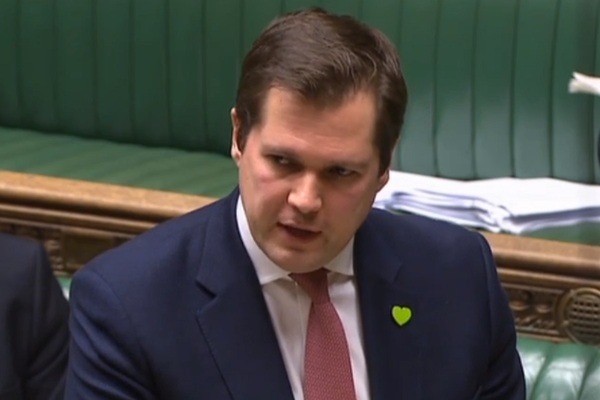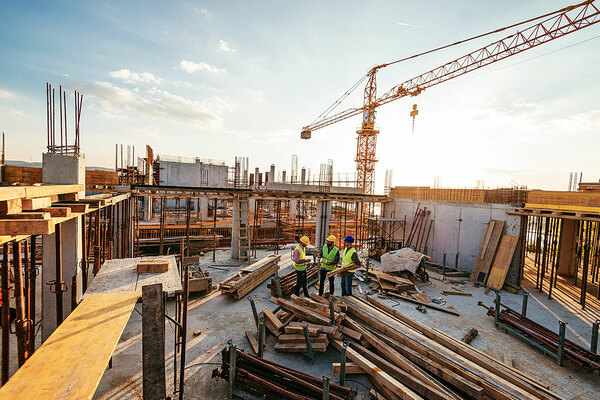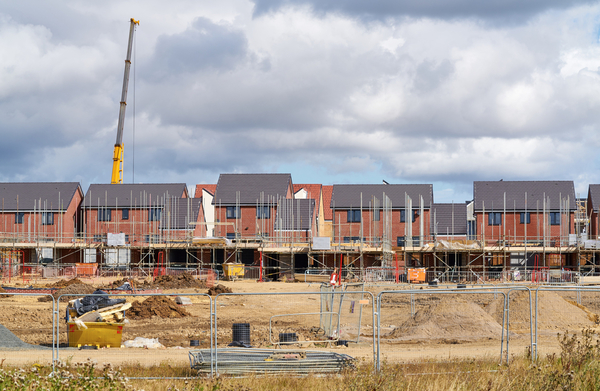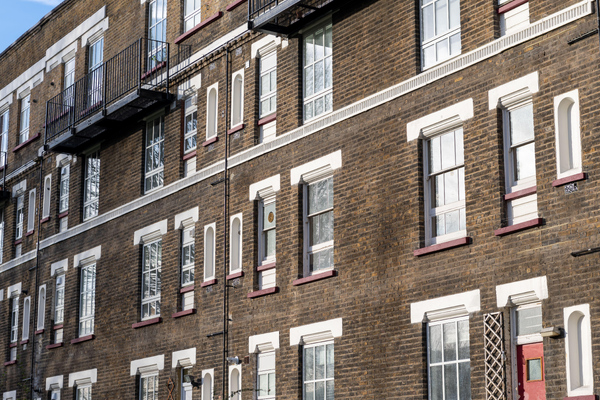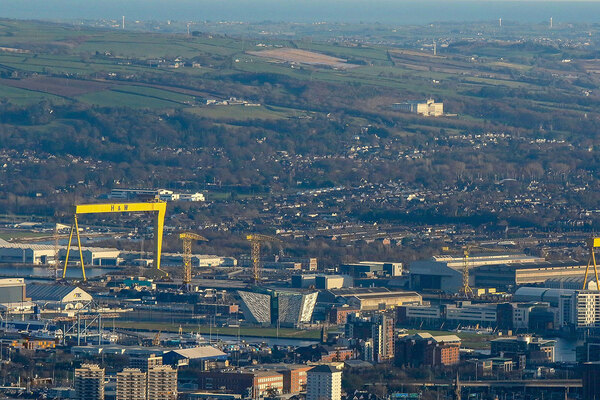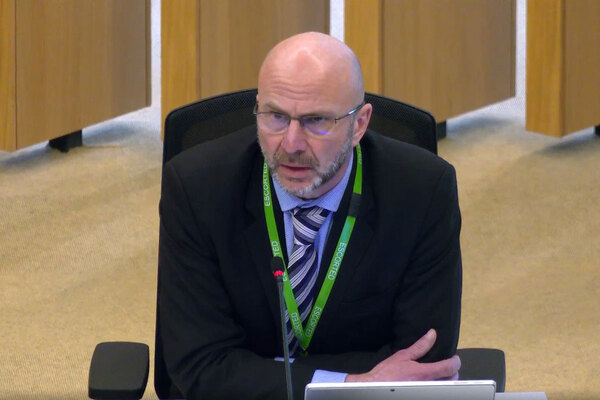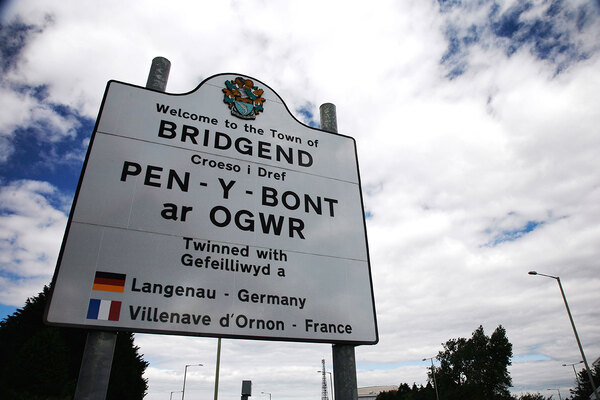You are viewing 1 of your 1 free articles
Government tells councils to allow developers to defer affordable housing obligations
Councils have been told to allow developers to delay affordable housing and infrastructure payments in a bid to support housebuilding during the coronavirus crisis.
New government guidance issued today advises councils to consider letting “small and medium-sized [SME] developers” defer their Section 106 and Community Infrastructure Levy (CIL) obligations.
Section 106 and CIL are conditions built into planning permissions to ensure that a portion of profits made through development are channelled into benefitting the local area.
The former is usually delivered in the form of affordable housing which is then purchased by social landlords, though in lieu payments are also sometimes agreed which can be used for new homes or other public services such as education and transport.
CIL is a charge paid by developers designed to fund the roads, schools, doctors’ surgeries and parkland needed to support new housing.
The new guidance encourages councils “to consider whether it would be appropriate to allow the developer to defer delivery” of Section 106 obligations triggered during the pandemic.
It is not clear whether the advice applies only to in lieu payments or to delivering affordable homes.
Deferrals “could be time-limited”, the guidance said.
Councils “should take a pragmatic and proportionate approach” to enforcing Section 106 obligations during the crisis to “help remove barriers for developers and minimise the stalling of sites”, it added.
Inside Housing has asked the Ministry of Housing, Communities and Local Government whether it has considered the potential impact on affordable housing delivery.
The government intends to amend CIL regulations to give councils more discretion over allowing developers to defer payments.
Councils and other authorities which charge CIL can already order developers to stop building work where payments are overdue or impose surcharges.
But late CIL payments accrue interest at 2.5% above the Bank of England’s base rate automatically, with local authorities unable to remove it.
The new regulations will temporarily allow authorities to defer payments and disapply late payment interest or refund interest accrued during the lockdown.
For now, the government said authorities should consider introducing instalment policies for CIL payments and “use their discretion” when deciding whether to halt building work or demand surcharges for late payments.
Authorities should also engage with SME developers “to ensure CIL liabilities do not cause undue burdens over the period of disruption caused by the coronavirus”, the guidance added.
Ian Fletcher, director of real estate policy at the British Property Federation, said: “We await further details on what the government means by ‘smaller developers’ for the purposes of CIL payment deferral, but it’s positive to see builders receive this help to get back to building the homes that the country needs.
“CIL helps to pay for the critical infrastructure that makes places and development acceptable to communities, and this is not about escaping those payments but a temporary deferment.”
Sign up for our daily newsletter
Already have an account? Click here to manage your newsletters
